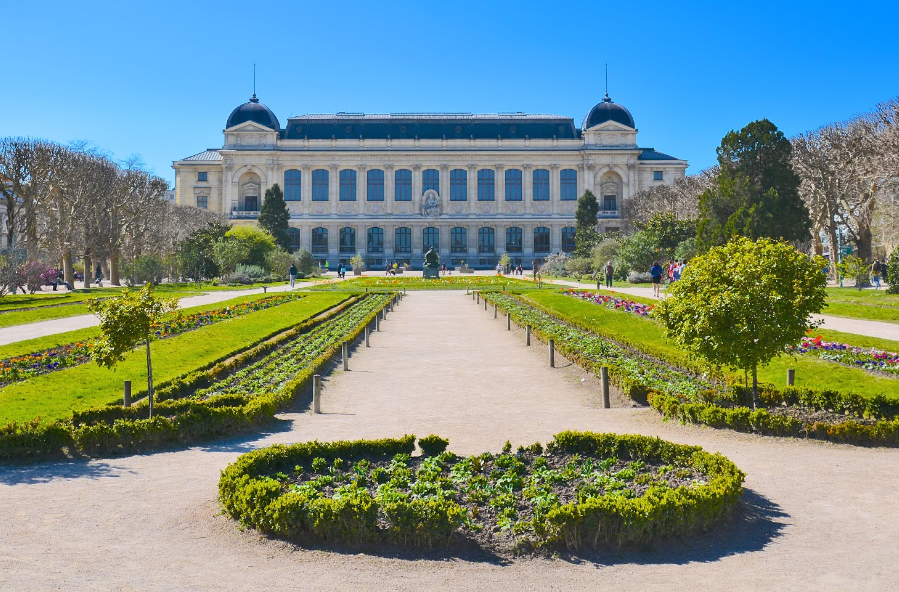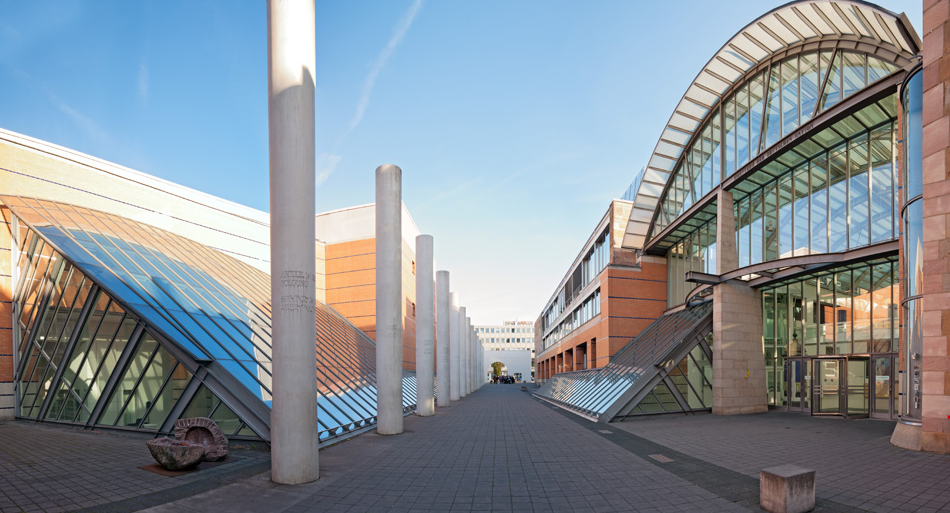In the heart of the East African nation of Djibouti lies a treasure trove of history, culture, and art – the Djibouti National Museum. Tucked away in the capital city of Djibouti City, this museum is a true testament to the rich heritage of Djibouti. In this article, we will take you on a virtual tour of this fascinating institution, providing you with a detailed insight into its history, exhibits, and the invaluable role it plays in preserving the country’s identity.
Unveiling Djibouti’s Heritage
The Djibouti National Museum is more than just a repository of artifacts; it’s a window into the country’s past. Established in 1981, it has since been on a mission to collect, document, and display the cultural and historical heritage of Djibouti.
A Journey through Time
Visitors to the museum are taken on a captivating journey through time, starting with the prehistoric era and moving through the various stages of Djibouti’s history. The museum’s exhibits are thoughtfully arranged to provide a comprehensive understanding of the region’s evolution.
Djibouti National Museum: Treasures
Artifacts from Ancient Civilizations
One of the highlights of the Djibouti National Museum is its remarkable collection of artifacts from ancient civilizations that once thrived in the region. From pottery to tools and jewelry, these items offer a glimpse into the daily lives of Djibouti’s ancestors.
Islamic Art and Calligraphy
Djibouti’s history is deeply intertwined with Islam, and the museum boasts an impressive collection of Islamic art and calligraphy. These exhibits showcase the artistic achievements of the region’s Muslim communities throughout the centuries.
Contemporary Djiboutian Art
While rooted in history, the Djibouti National Museum also embraces the contemporary art scene. Visitors can explore a diverse range of modern artworks created by Djiboutian artists, reflecting the nation’s vibrant culture.
Djibouti National Museum: Preserving Djibouti’s Identity
Cultural Significance
The Djibouti National Museum serves as a custodian of the nation’s cultural identity. By preserving and showcasing Djibouti’s heritage, it helps bridge the gap between the past and present, fostering a sense of pride and belonging among the Djiboutian people.
Educational Hub
Beyond its role as a museum, this institution is an educational hub. It regularly hosts workshops, lectures, and exhibitions to engage both locals and tourists in an exploration of Djibouti’s diverse history and culture.
FAQs about Djibouti National Museum
1. How can I visit Djibouti National Museum?
To visit the Djibouti National Museum, simply head to Djibouti City, the capital of Djibouti. The museum is conveniently located in the city center and is easily accessible.
2. What are the museum’s operating hours?
The museum is generally open from 9:00 AM to 5:00 PM, Tuesday through Sunday. It is closed on Mondays.
3. Is there an admission fee?
Yes, there is an admission fee to enter the museum. The fees may vary for adults, students, and children.
4. Are guided tours available?
Yes, guided tours are available for a more in-depth experience. Knowledgeable guides will lead you through the museum’s exhibits, providing valuable insights.
5. Can I take photographs inside the museum?
Photography policies may vary, so it’s best to check with the museum staff upon your visit. Some exhibits may allow photography, while others may not.
In Conclusion
The Djibouti National Museum is a true cultural gem, offering visitors a unique opportunity to delve into the rich history and culture of Djibouti. From ancient artifacts to contemporary art, this institution celebrates the nation’s heritage and ensures it is preserved for generations to come. So, if you’re ever in Djibouti, make sure to pay a visit to this remarkable museum.
References
- Djibouti National Museum – Official Website
Source: Djibouti National Museum
- “Djibouti National Museum” on UNESCO’s List of Museums
Source: UNESCO Museums
- “Djibouti National Museum: Preserving Cultural Heritage” – Article on Africanews.com
Source: Africanews

